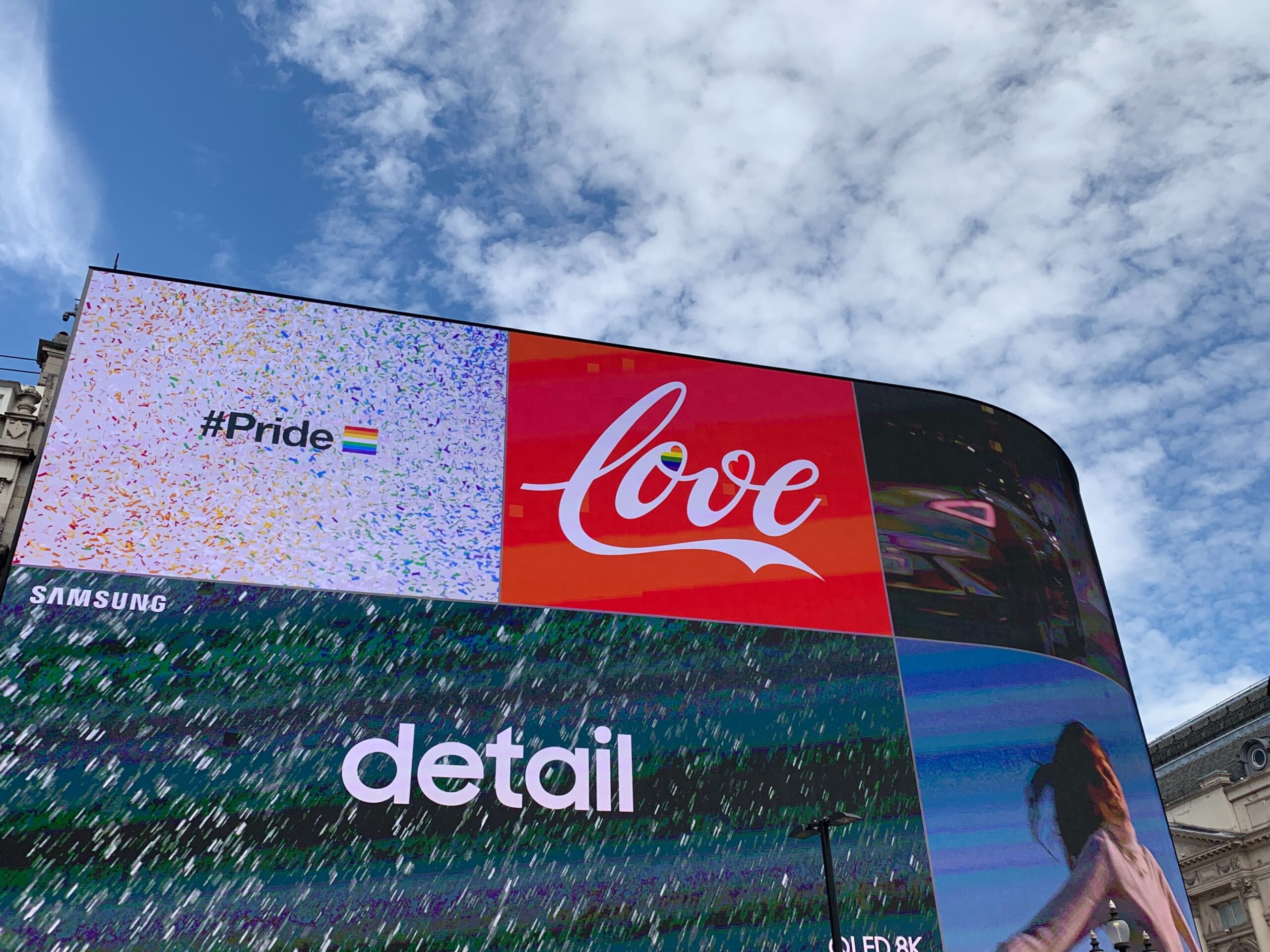Influencer marketing is a type of marketing that involves partnering with individuals who have a significant following on social media platforms, such as Instagram, TikTok, or YouTube, to promote a product or service. Traditional marketing, on the other hand, typically involves using various channels such as television, radio, print, or digital media to reach a large audience.
Here are some of the key differences between influencer marketing and traditional marketing:
- Target audience: Influencer marketing is more targeted than traditional marketing. With influencer marketing, brands can target specific demographics, interests, and geographic locations, while traditional marketing tends to be broader in scope.
- Authenticity: Influencer marketing relies heavily on the authenticity of the influencer, who is seen as a trusted source of information by their followers. Traditional marketing, on the other hand, often relies on paid advertising, which may not be viewed as trustworthy by consumers.
- Format: Influencer marketing is typically delivered in the form of sponsored content, such as posts, stories, or videos. Traditional marketing, on the other hand, can take many forms, including TV commercials, print ads, and billboards.
- Cost: Influencer marketing can be more cost-effective than traditional marketing, particularly for smaller businesses. While traditional marketing can require significant investments in advertising space and production costs, influencer marketing can be executed at a lower cost, especially when partnering with micro-influencers.
- Measurement: Influencer marketing provides more measurable results than traditional marketing. Brands can track engagement rates, clicks, and conversions in real-time, making it easier to evaluate the success of a campaign and make adjustments as needed.
In summary, influencer marketing differs from traditional marketing in terms of target audience, authenticity, format, cost, and measurement. While traditional marketing can still be effective, influencer marketing offers a more targeted, authentic, and measurable approach to reaching consumers.
Influencer marketing has gained significant traction in recent years as social media platforms have grown in popularity. Brands can leverage the large followings of influencers to reach highly engaged audiences in a more personal and relatable way. Influencers have already built trust with their followers, making it easier for them to endorse a product or service.
In contrast, traditional marketing is often seen as interruptive and impersonal. Consumers are bombarded with ads on a daily basis, and many have become immune to them. This has led to a decline in the effectiveness of traditional advertising methods.
Another key difference between influencer marketing and traditional marketing is the level of control that brands have over the messaging. In traditional marketing, brands have complete control over the messaging, which can sometimes come across as overly salesy or pushy. In influencer marketing, however, the influencer has more creative freedom, which can lead to more authentic and engaging content.
Finally, influencer marketing has also been shown to have a higher ROI than traditional marketing. A study by Influencer Marketing Hub found that for every $1 spent on influencer marketing, businesses generated an average of $5.78 in earned media value. This is significantly higher than the ROI of traditional marketing methods, making influencer marketing a highly effective way for brands to reach their target audiences.
In summary, while traditional marketing methods still have their place, influencer marketing has emerged as a more targeted, authentic, and measurable way for brands to connect with consumers. By partnering with influencers who share their values and resonate with their target audience, brands can build stronger relationships and achieve greater success.
One of the key advantages of influencer marketing is that it allows brands to tap into niche audiences that may be difficult to reach through traditional marketing methods. For example, a brand that sells eco-friendly beauty products may find it challenging to reach a mainstream audience through TV commercials or print ads. However, by partnering with influencers who specialize in sustainability and green living, they can reach a highly engaged audience that is more likely to be interested in their products.
Influencer marketing also offers a level of social proof that is difficult to achieve through traditional marketing. When an influencer promotes a product or service, their followers perceive it as a recommendation from a trusted friend, rather than a sales pitch from a brand. This can lead to higher conversion rates and stronger brand loyalty.
Another advantage of influencer marketing is that it allows brands to create content that is more engaging and shareable than traditional marketing. Influencer-generated content tends to be more authentic, creative, and entertaining, which can help brands stand out in a crowded marketplace. This content can also be repurposed across multiple channels, such as social media, email, and website, extending the reach of the campaign.
Finally, influencer marketing offers brands a way to build long-term relationships with influencers who can become brand advocates. By partnering with influencers on multiple campaigns, brands can establish a strong connection with their audience and create a community around their brand.
In conclusion, while traditional marketing methods still have their place, influencer marketing offers several unique advantages that can help brands reach their target audience in a more effective and authentic way. By leveraging the power of social media influencers, brands can create content that resonates with their audience, build stronger relationships, and achieve greater success.

